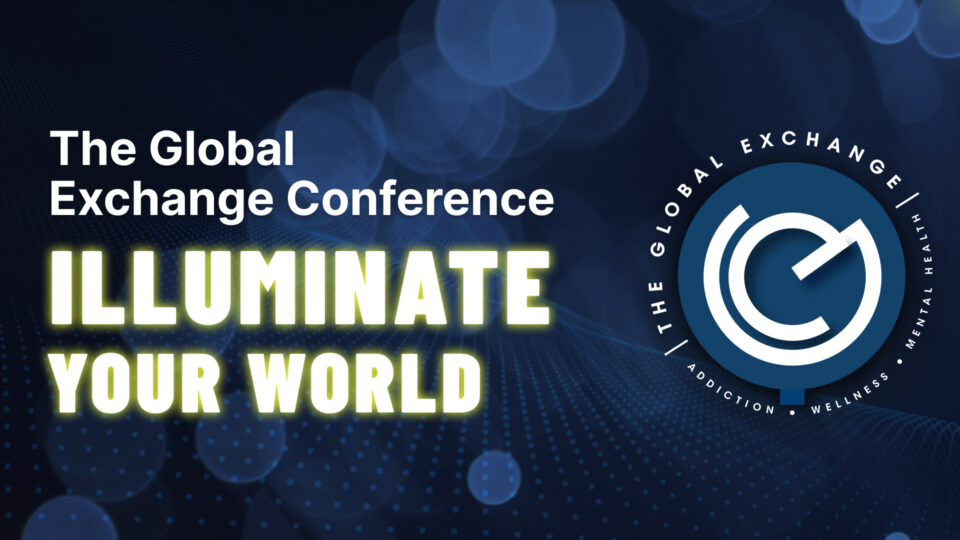
Identifying and Understanding Trauma Defense Mechanisms as one of the Root Cause of Substance Abuse and Relapse
Information
Recorded
-
-
Location
-
Southern Hemisphere III
1500 Epcot Resorts Boulevard
Lake Buena Vista, FL 32830
Learning Objectives
Participants will be able to:
-
Explain how to properly refer clients to trauma focused practitioners or treatment facilities.
-
List at least 3 key signs to assess if someone is in freeze or dissociating.
-
Identify multiple symptoms that may appear including axis I and axis II mood and personality disorders, active addiction symptoms, and trauma symptoms.
Educational Goal
Description
The interplay between trauma defense systems and dissociation and freeze responses significantly contributes to the perpetuation of substance abuse and increases the risk of relapse. Neuroimaging research has revealed valuable insights into the impact of these defense mechanisms on successful psychotherapy or psychoeducation interventions. Without a proper trauma assessment, a thorough understanding of the differences between top trauma modalities and knowledge of what not to do with clients caught in a trauma defense response, we inadvertently fail to practice trauma-focused care.
Trauma treatment should be tailored to individual needs, preferences, and learning styles. After assessing a client’s complete narrative, a skilled therapist and mental-health practitioner will be able to determine the appropriate treatment modality. With respect to working with clients experiencing trauma-related freeze and dissociation, several evidence-based modalities will be explored, including Eye Movement Desensitization and Reprocessing (EMDR), Sensorimotor Psychotherapy, Internal Family Systems, Somatic Experiencing, and others.
The five areas we will focus on are: slowing down treatment to observe for trauma defense mechanisms; learning to do a proper trauma-focused assessment utilizing case studies of collecting a narrative without triggering a client; understanding the do’s and don’ts of working with clients who are currently activated by freeze or dissociation; avoiding hasty misdiagnosis of both axis I and axis II; and building a referral resource of competent trauma-focused practitioners.
Scientific Basis or Research
In this presentation, attendees will be presented with research and resources that support the perspective emphasizing the importance of treating trauma and addiction concurrently. The following experts’ work, among others, will be highlighted: Bessel van der Kolk, MD, Judith Herman, MD, Lisa M. Najavits, PhD, Peter Levine, Richard Schwartz, PhD, Stephen Porges, PhD, and Pat Ogden, PhD.
A specific focus will be given to empirical evidence on trauma defense mechanisms, including dissociation, freeze response, feigning, and attachment cry for help. Dissociation, for example, disconnects individuals from their emotions, leading to an increased reliance on substances for temporary relief. Experts such as Colin A. Ross, MD, Onno van der Hart, PhD, Ellert R.S. Nijenhuis, PhD, Janina Fisher, PhD, and Christine A. Courtois, PhD, have written extensively on trauma-related disorders, including dissociative disorders, and their connection to substance abuse.
Target Audience
- Counselor
- Marriage & Family Therapist
- Nurses
- Physicians
- Psychologist
- Social Worker
- Substance Use Disorder Professionals
Presenters

Dr. Elisa Hallerman, PhD, JD, has had a diverse career over the past 25 years. Without her unique journey, the Recovery Management Agency would not exist. Dr. Hallerman is an attorney and member of the New York State Bar Association. She holds a master’s and doctorate from Pacifica Graduate Institute in Depth Psychology and Somatic Studies, focusing on neuroscience and trauma. Dr. Hallerman is also a drug and alcohol counselor, and certified in yogic science for addictive behavior. In addition, she is a member of the Institute for Functional Medicine. Finally, Dr. Hallerman serves as a visiting professor for film and media arts at Chapman University, where she melds the art of agenting in Hollywood with balance, passion, meaning, and purpose.
In 1990, Dr. Hallerman graduated from the University of Michigan, where she majored in political science and sociology. She attended New York Law School and practiced law in Manhattan until 1996. After her parents’ divorce, she and her sister moved to Los Angeles. Dr. Hallerman quickly found a job working at ICM Partners as an assistant to a talent agent. After losing a close friend to suicide, she moved to United Talent Agency in Beverly Hills, where her career as an agent was built. She was a partner and head of the talent department until her departure in 2008. As Dr. Hallerman began to realize that agenting might no longer be for her, she wondered if another agency would fulfill her calling—so she joined Endeavor Agency down the street, which later merged with William Morris in 2009 to become William Morris Endeavor (WME). Working at WME quelled Dr. Hallerman’s calling to leave the talent business at first. But the urge gradually became louder and louder. Knowing she had to leave was no longer the issue—what she would do next was the big question.
Curious about what else was out there, Dr. Hallerman dove into classes at UCLA and focused on drug and alcohol counseling. She had been in recovery since 2002 and had watched multiple family members and previous clients suffer from addiction and alcoholism. While taking classes at night and working for WME during the day, she began to realize the field of addiction might even be more of the “Wild West” than Hollywood.
Dr. Hallerman knew that her passion as an agent had helped her guide her clients to achieve their dreams. She recognized this strength and channeled it into a new way of helping people: toward optimal wellness through their best path to healing.
Financially Sponsored By
- The Global Exchange Conference - Exchange Events